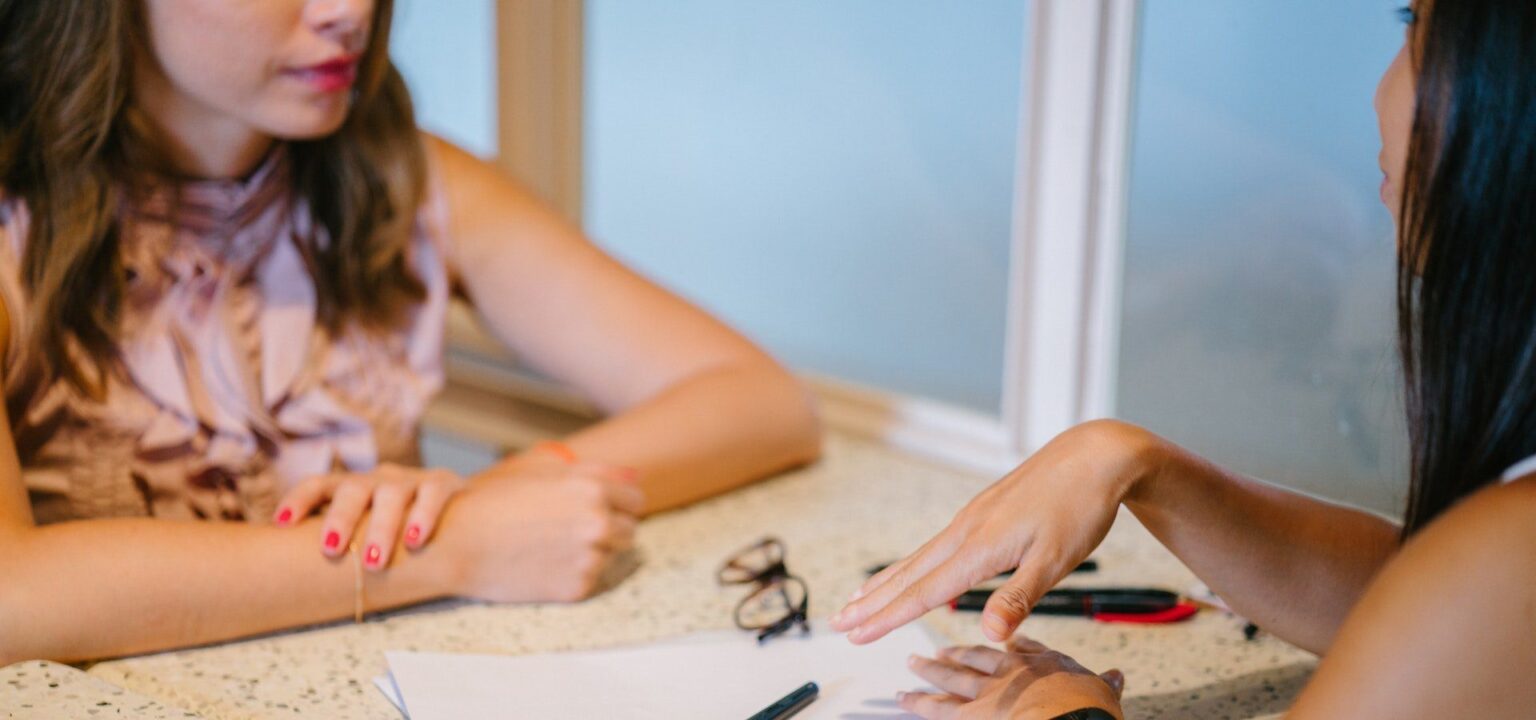People form a general impression about each other, positive or negative, within the first few minutes of meeting. Considering how many people interviewers typically have to speak with over a day, creating the best first impression possible is an essential way to make yourself stand out from the herd. Here are some of the ways you can make that happen.
Dress to impress
Your attire is crucial in an interview, conveying how you represent the employer’s organization. Generally, opt for a dark suit and tie for men in office environment. Women can choose a blouse, suit pants, knee-length skirt, or a smart dress. Keep colors neutral with navy, grey, black, white, or cream. It is also recommended to keep your makeup simple. Avoid wearing strong perfumes or colognes as some interviewers may find it distasteful or suffer from allergies. Ensure clean, styled hair. Always remember the adage: dress for the job you want, not the job you have. That is, unless the position you want is superhero, no one wants to see you in a leotard.
Casual, Not Lazy
For some workplaces, a more casual look may be appropriate. If this is the case, remember there are key difference between casual casual and smart casual. For a smart casual outfit, invest in high-quality clothes for better appearance, fit, and durability. Choose well-fitting clothes that flatter your body shape, providing both a stylish and comfortable look. Take some extra time to choose clothes that fit you well and flatter your body shape. You want an outfit that looks good while helping you feel relaxed and confident. Collared polo shirts and chinos are a great option for men. Women can add a stylish suit jacket to a nice sundress or denim jeans for a classic smart casual look.
A Firm Handshake
Always go for the handshake upon entering an interview, with all members of an interview panel. The handshake is a powerful form of nonverbal communication in Western culture. The right kind of handshake will convey positive traits about you from the outset. Be sure to keep your right hand free. When it’s time to shake, find the sweet spot between a very strong, overly dominant handshake and a very weak one – you want a firm, confident, but friendly shake.
Eye Contact
Focus on making eye contact with everyone in the interview room. This helps to create a genuine connection and meeting a person’s eye displays confidence. As with the handshake, try to strike the right balance. Too much eye contact can seem aggressive or even creepy, whereas too little will convey disinterest or submissiveness. Think about the way you would make eye contact with a good friend while they’re telling you a story and you have a pretty good model to work from.
Finding the Communication Balance
Your verbal communication during an interview may well be the most important aspect of the impression you make. But, unfortunately, it can be all too easy to make mistakes. Here are four common communication errors to avoid.
Talking about yourself too much: monologuing at a potential employer about yourself, your hopes, dreams, skills, and so on is a bad move. No one wants to work with an egocentric person and that’s how you’ll come off – even if it’s just nerves talking.
Talking about yourself too little: on the other hand, you can’t just freeze up and make the other person do all the conversational legwork. Give full, well thought out answers to questions, just avoid speeches and one-word answers.
Complaining: try not to complain or air grievances, even if they’re justified. Whether it’s about a former employee or the tough job market, keep things positive and avoid complaining.
Being too personal: bringing in a few personal details can help create rapport – maybe you and your interviewer both love the same TV show, or you spot a picture of them with their kids and mention you have two boys as well – but don’t get too personal! Relationship troubles, petty complaints, gossip, and so on should all be off the conversational table.
Next week we’ll look at the messages your body language send to potential employers, and how to use it to your advantage. Do you have any advice on creating a memorable first impression? Let us know on the Career Spotlight with CCI Training Facebook group.














